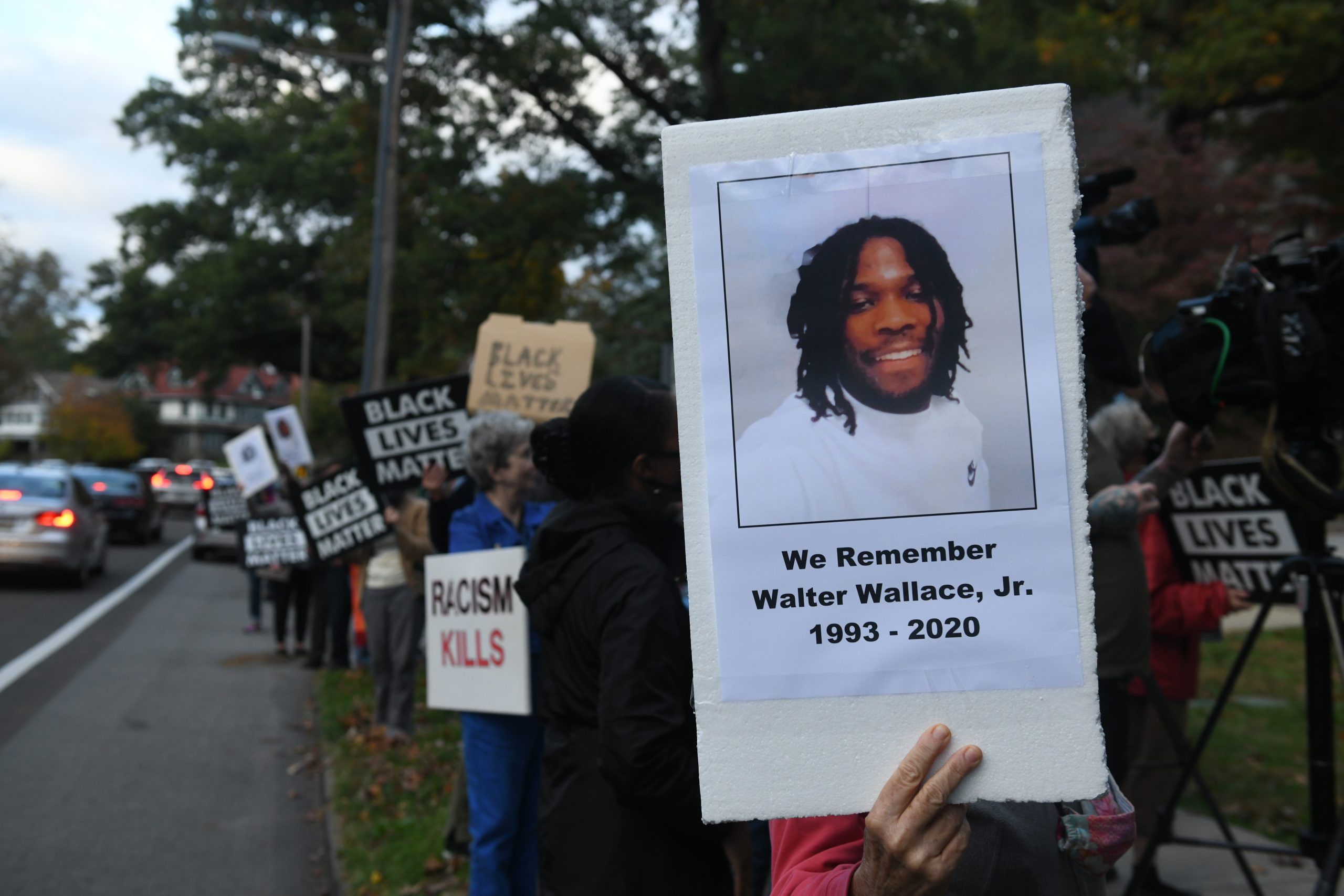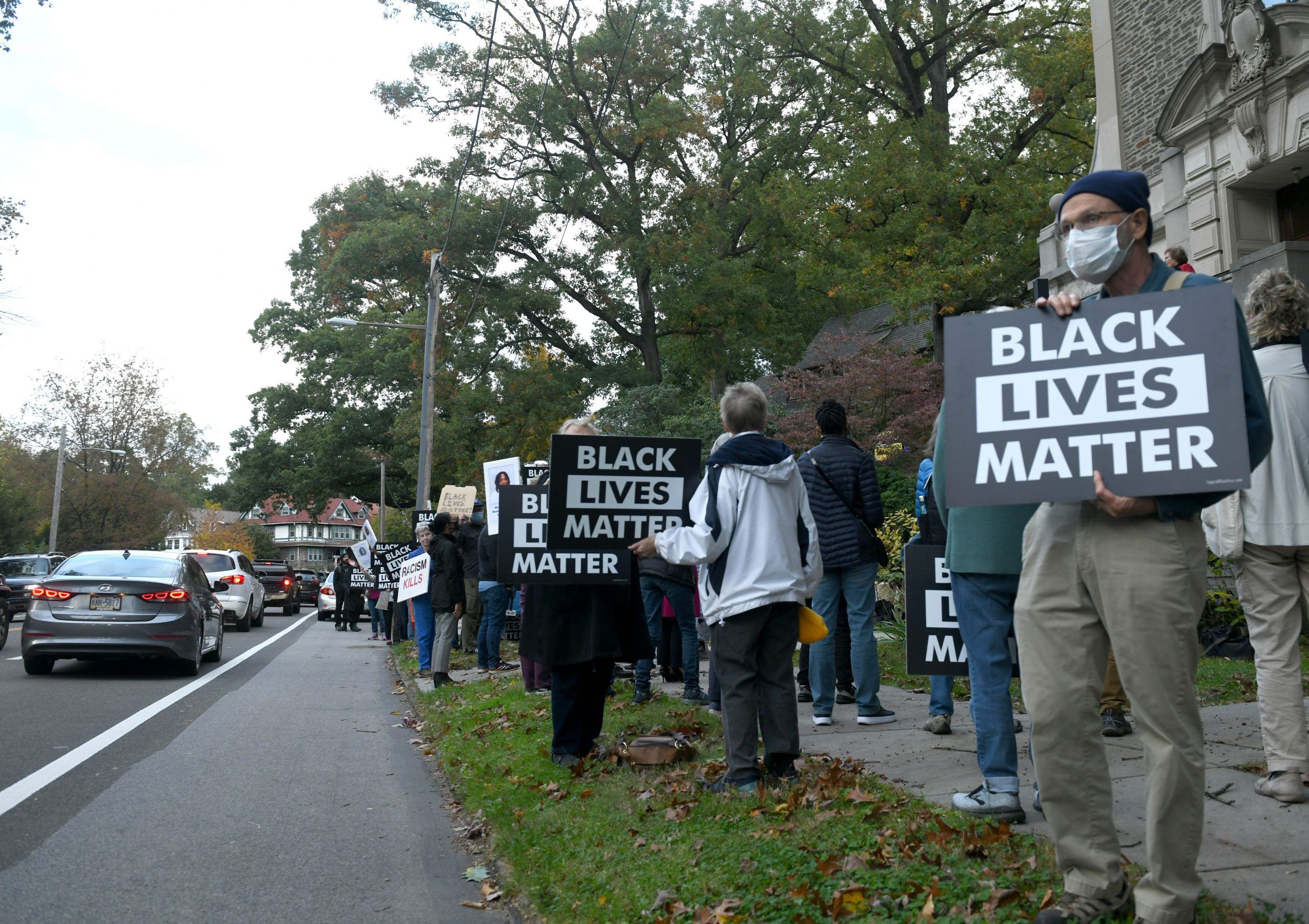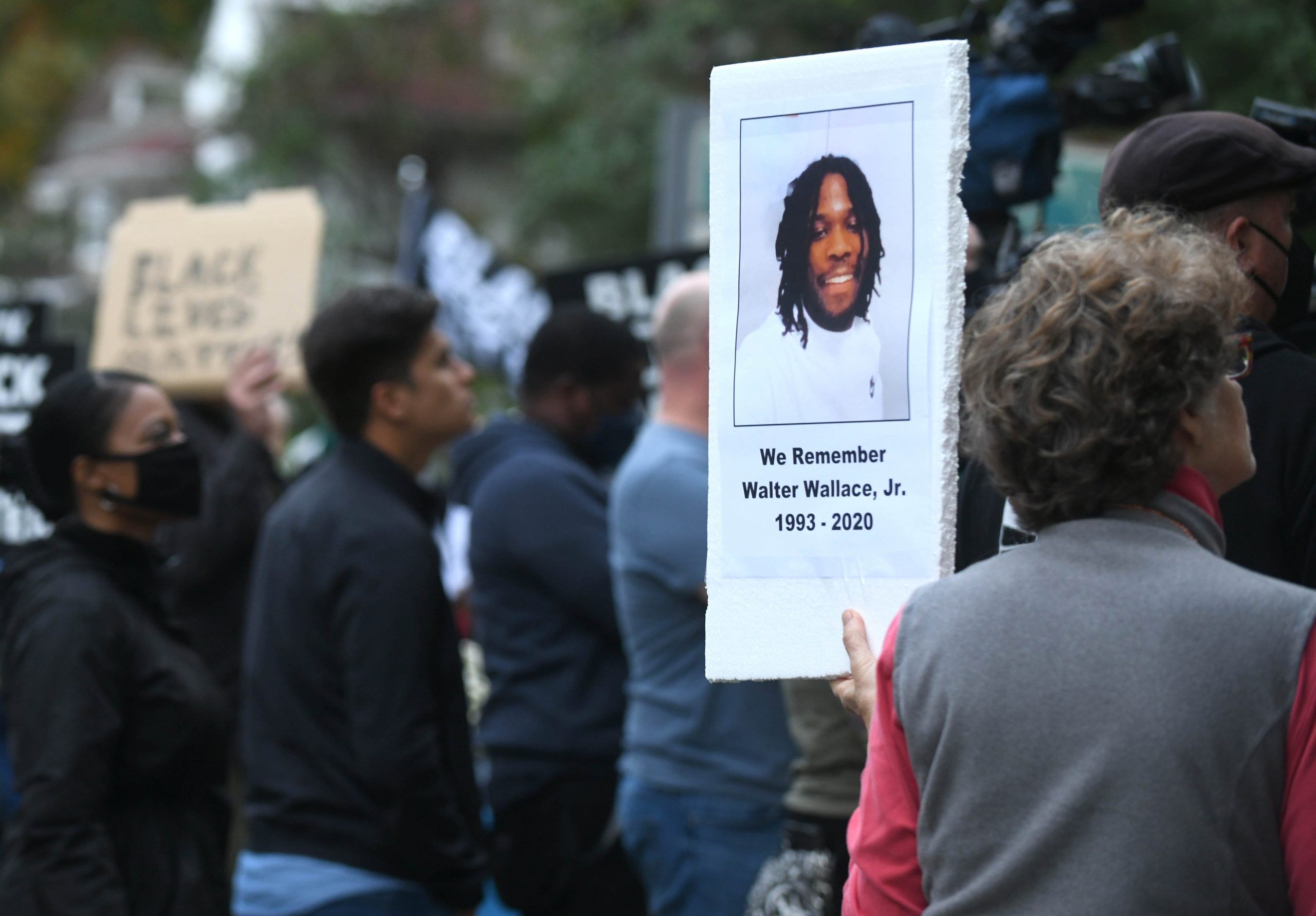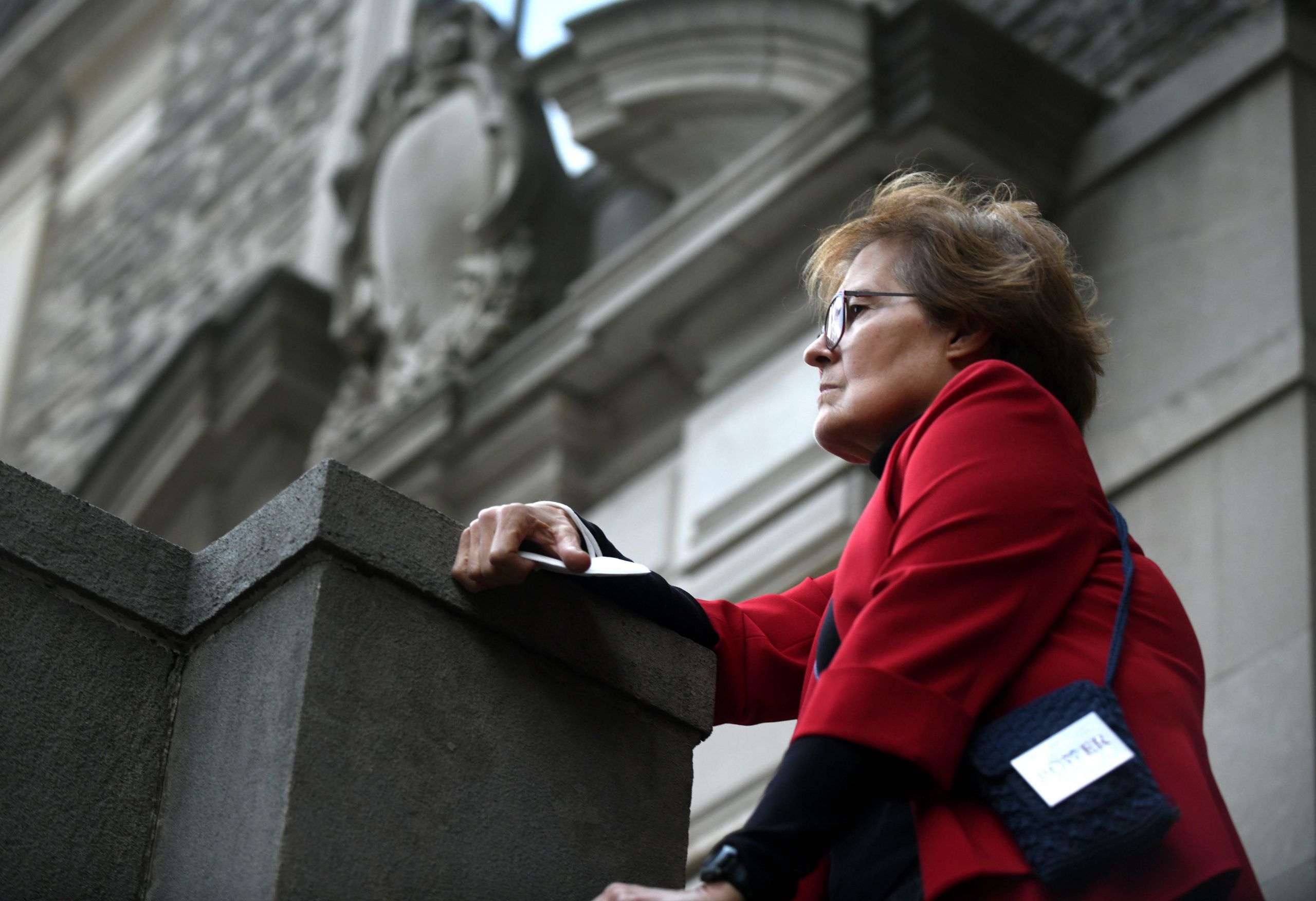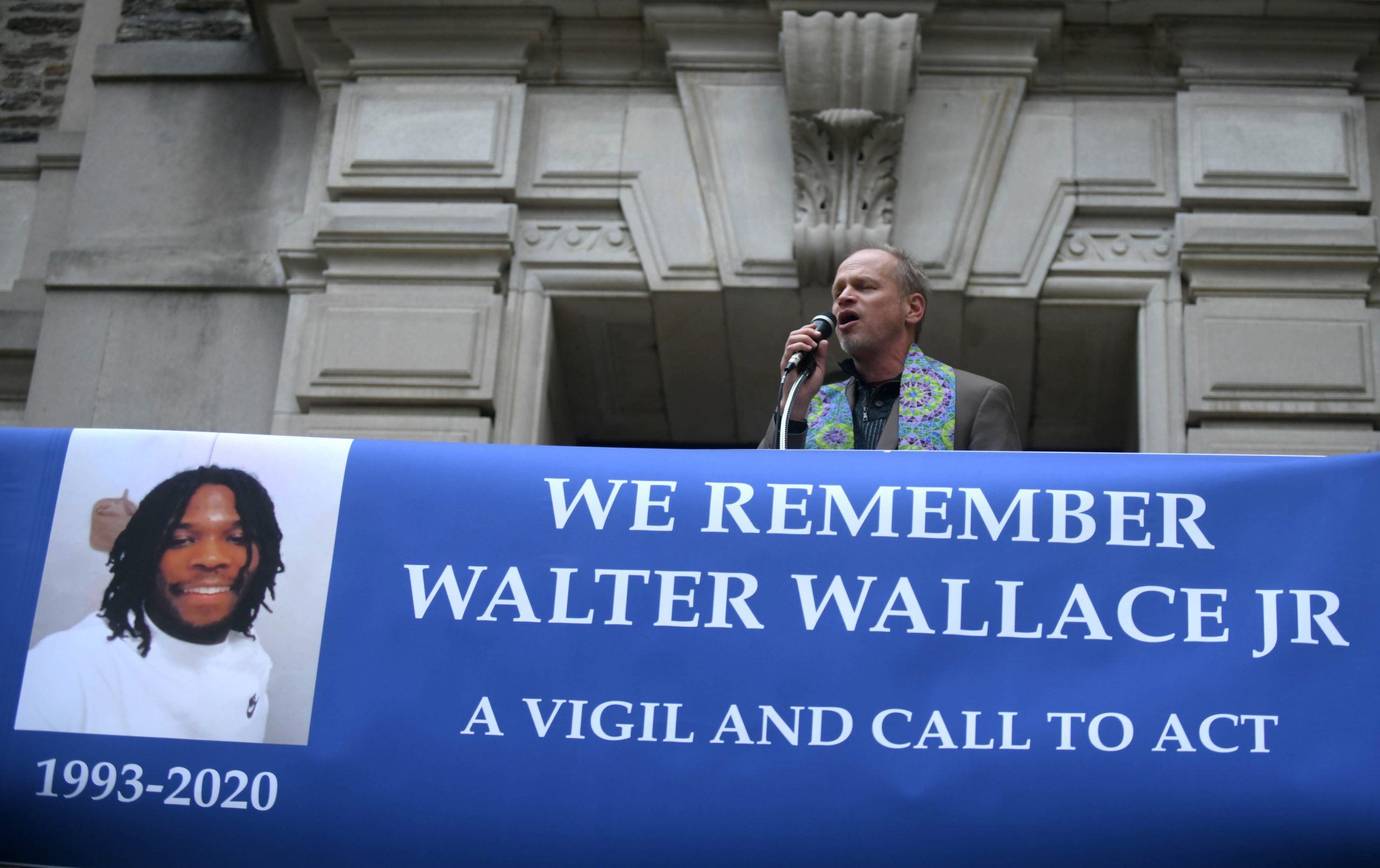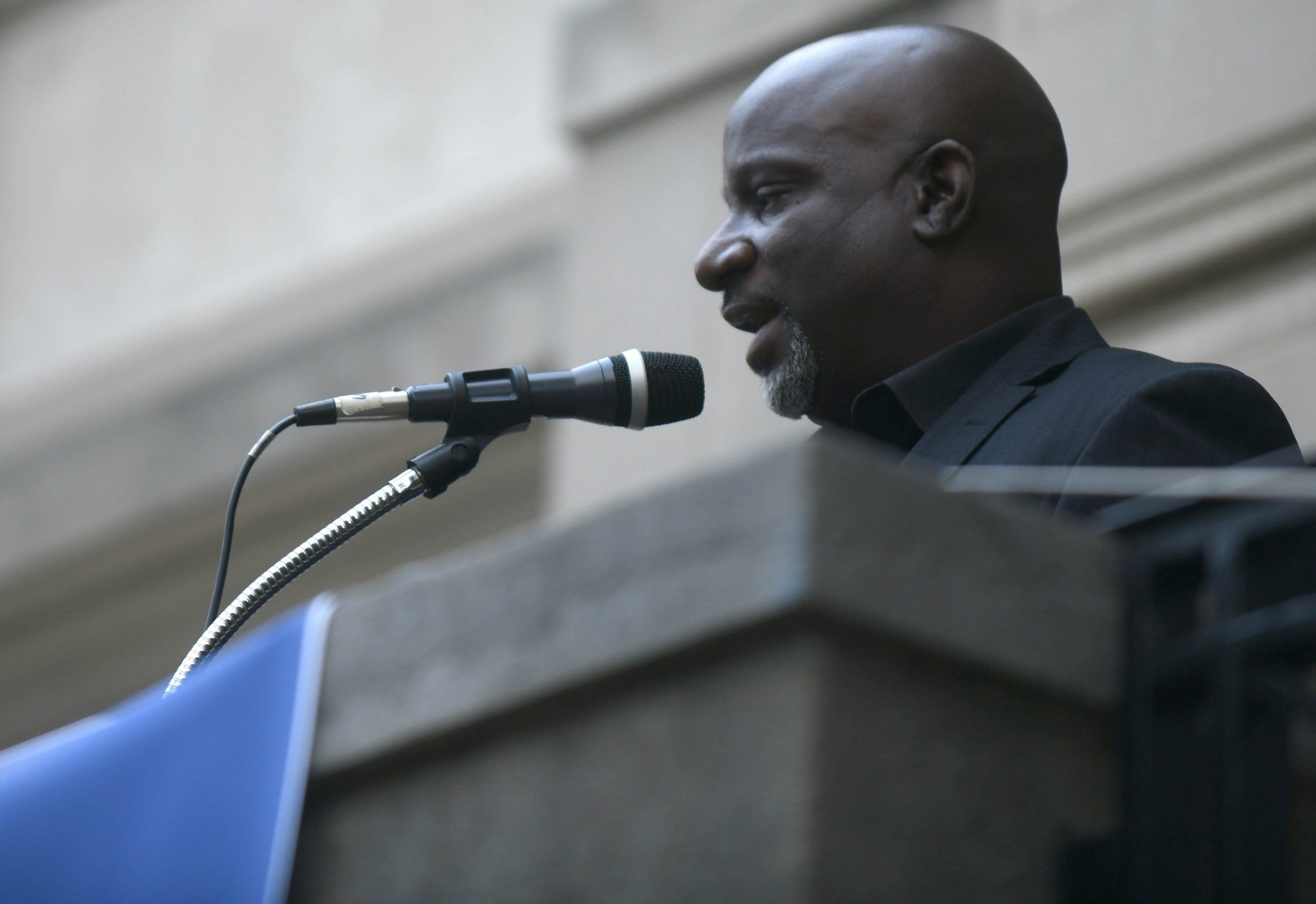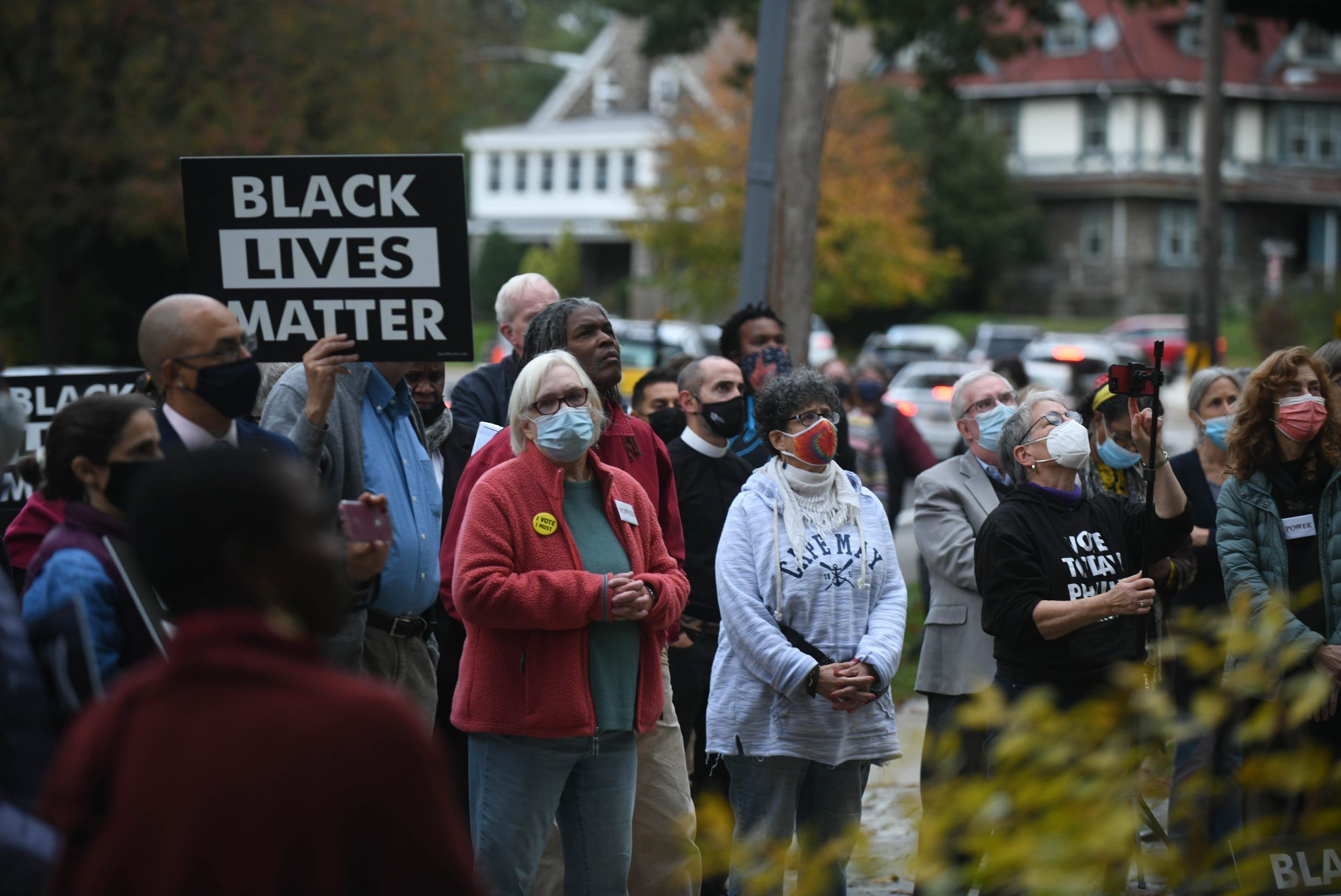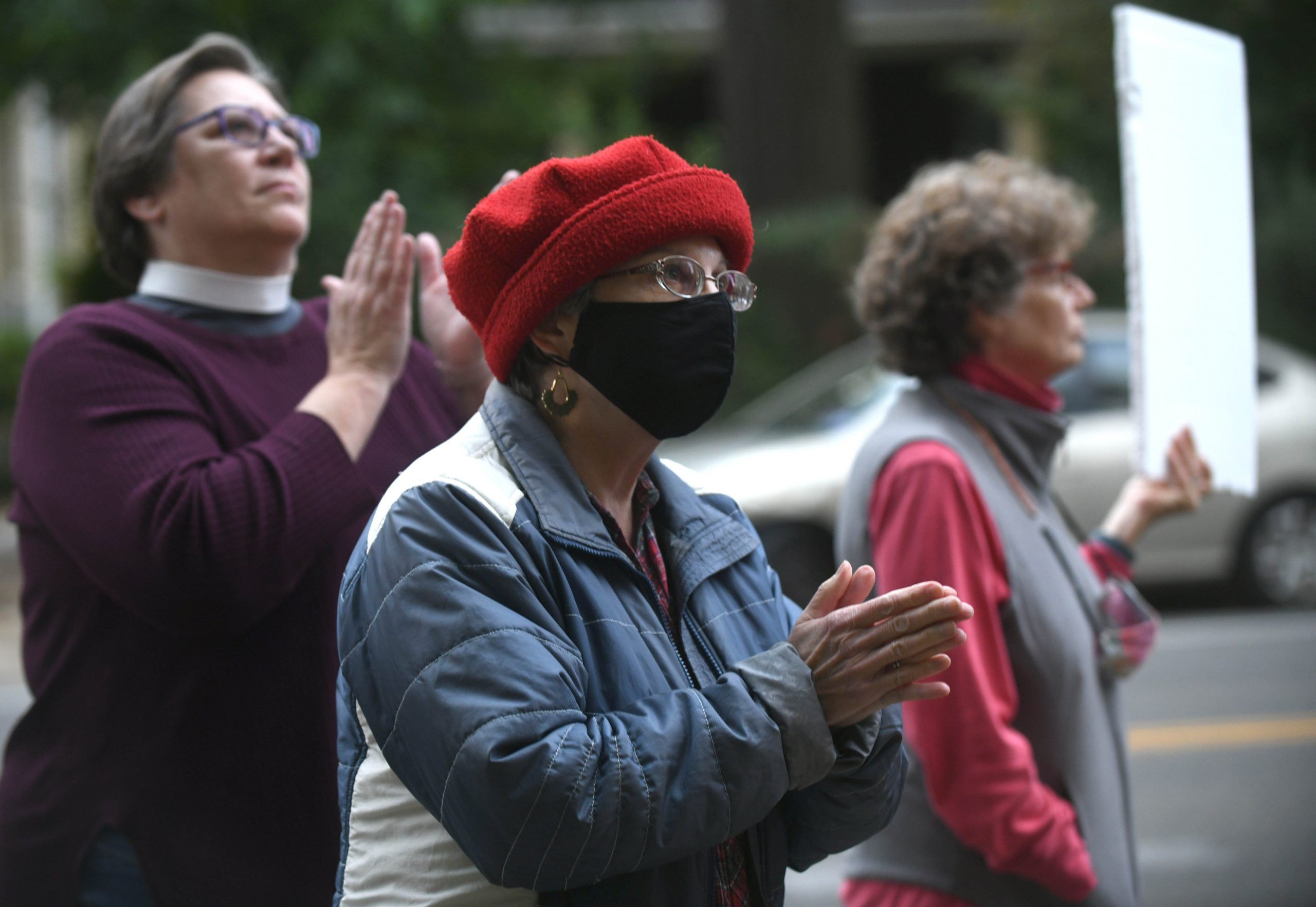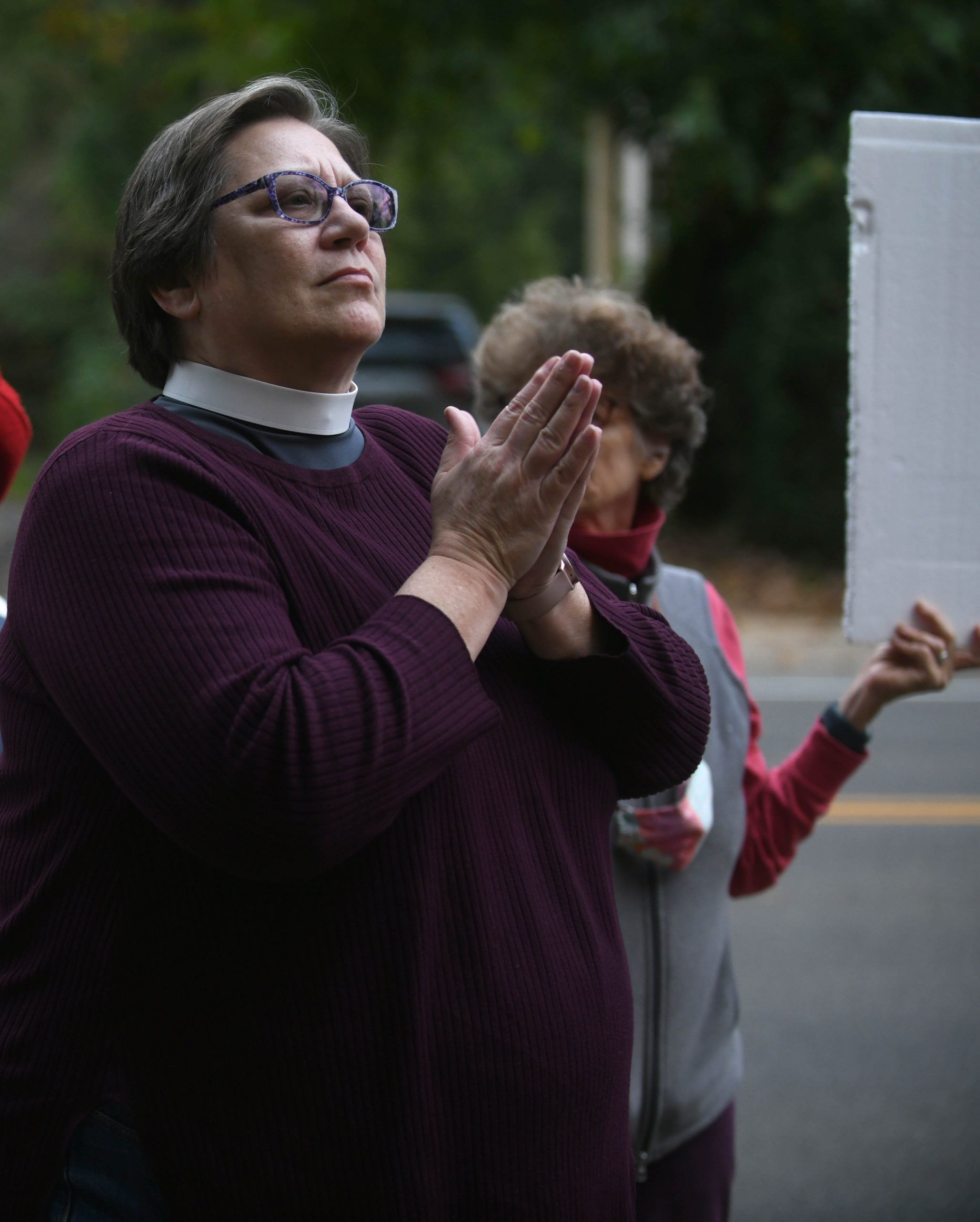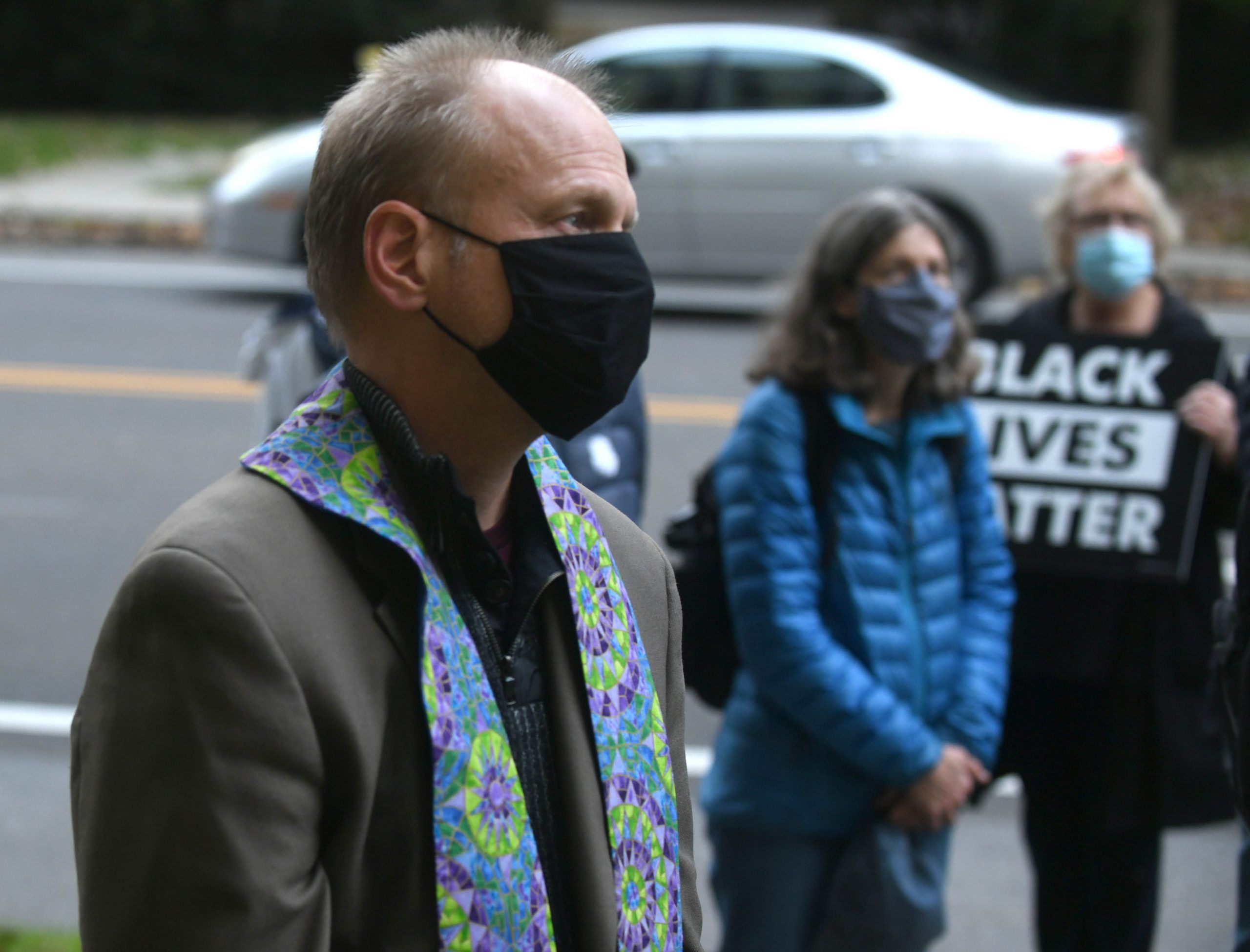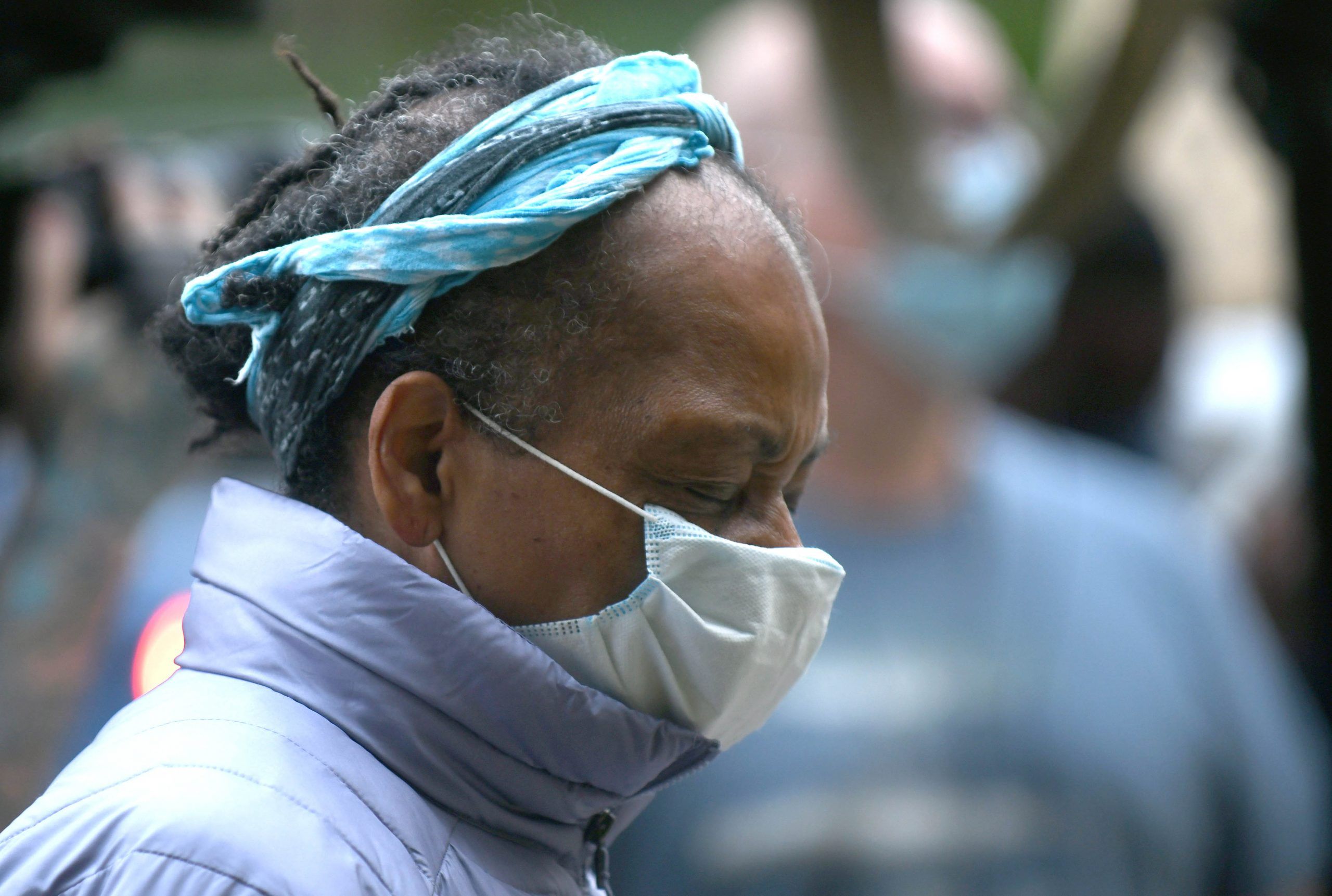27-year old Walter Wallace Jr. had been battling multiple mental health issues, including Bipolar disorder, for years. On Oct. 26 2020, this internal struggle would cost his life.
At approximately 3:45 p.m., Wallace Jr. was in a heated argument with his family. Concerned that this could quickly turn violent, Wallace’s siblings and neighbor called for 9-1-1 multiple times. His sister specifically called for medical services to help her brother.
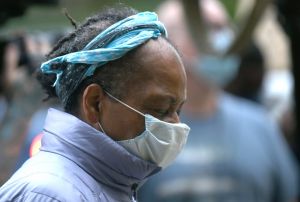
However, only two police officers, Sean Matarazzo and Thomas Munz, arrived on the scene. Seeing a knife in his hands, both officers commanded Wallace to drop his knife multiple times. He did not follow these commands. Despite the cries of “Don’t Shoot!” and “He’s Mental!,” the officers fired at Wallace around a dozen times, ending his life.
Both Officers were moved to desk duty after this shooting. Wallace’s family did not press murder charges, but instead filed a wrongful death charge. The city of Philadelphia settled this charge one year after his death, paying the family $2.5 million.
This fateful incident ignited the fires for many changes. The most immediate of these was to provide tasers to all Philadelphia police officers so they would be less likely to use their guns against a target (both officers in the Wallace case did not have a taser on them). Before, there was a lack of tasers for officers in the city due to insufficient funds.
It also brought the desire to have a mental health response team to deal with situations like those of the Wallace Family. This has yet to be established in Philadelphia, but it has many supporters, including those who participated in the “Remembering Walter Wallace, Jr.: A Vigil and A Call to Act” event on Oct 27. 2021.
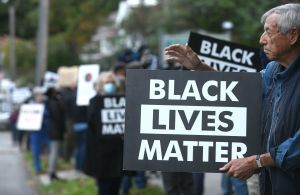
One year after his passing, residents of Philadelphia, its suburbs, and members of the Unitarian Society of Germantown (USG) gathered at the USG Church in remembrance of Wallace Jr. People lined the streets, holding signs that supported the Wallace family and Black Lives Matter. Speakers from a diverse range of backgrounds took the stage.
Carol Duncan was one of the many people present at the vigil. She was devastated after hearing about Wallace’s death.”It was emblematic of how many police officers treat people of African decent, we need reconciliation and to come together for the same value,” she said.
Politicians, activists and the minister of USG all took turns addressing the crowd. Amidst the cheering and honking of car horns, these presenters gave their condolences to the Wallace family, spoke out against systemic racism, and advocated for police reform.
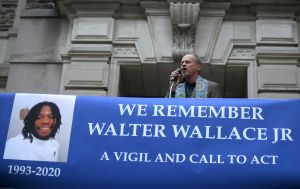
Elder Melanie DeBouse, said that the aim of this event was “to let the Wallace family know that we stand in solidarity with them and also show our sympathy and our continued support.” She said. “It is also designed to bring the attention to elected officials that more has to be done in the way we’re policing the citizens of Philadelphia.”
Supporters gathered outside the Church’s steps to advocate for better police training in mental health issues. They also wanted to reinvigorate justice in the U.S. by establishing mental health response teams in cities that don’t have any. This is a very simple idea that could save thousands of lives.
Rev. Kent Matthies, senior Minister at USG, is a major supporter of establishing a mental health response team in Philadelphia. “We want to establish a Mental Health Hotline in the city (of Philadelphia) to deal with crises like this. Walter Wallace should never have been dealt with by police.”
Matthies expressed confidence in this tall task. “We can bend it (the current law enforcement system) in a way so that it works for justice.”

